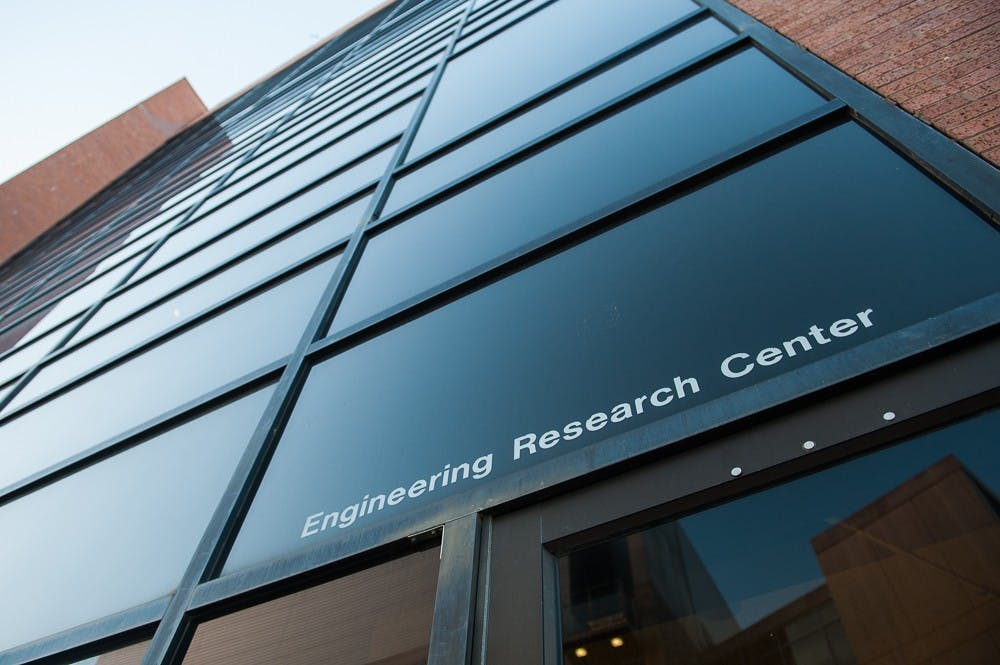The White House Council on Women and Girls announced the creation of a collaborative that will help advance minority women focusing on STEM careers.
The Center for Gender Equity in Science and Technology at ASU is responsible for proposing the collaborative that now involves more than 20 university and non-profit partners, said women and gender studies assistant professor Kimberly Scott, executive director for CGEST.
CGEST is a research unit that explores, identifies and creates innovative scholarships involving under-represented girls in science, technology, engineering and mathematics.
On July 9, CGEST co-hosted a meeting at the White House with nearly 50 college presidents and leaders from around the country, Scott said.
“There was an expressed need for a one-stop shopping place, that we are convinced has reliable information about women and girls of color in STEM,” she said.
One thing the new collaborative aims to create is an implicit bias learning map for search committees and corporations interested in diversifying their workforce.
Human nutrition junior Naya Okeke, who is the president of the Black Medical Student Association, said she thinks the collaborative is a great move for women of color.
“I don’t think people understand sometimes how hard it is for people who are of color to succeed in STEM majors, and especially to be a woman at that,” Okeke said.
There are few minority women represented in STEM majors, something Okeke said she experienced while attending ASU.
“Every single class I’m in, especially involving science, I’m typically the only black person in class,” Okeke said.
The collaborative is targeting the whole community and is not just limited to ASU students, Gabriel Escontrias, CGEST's manager, said.
“There is going to be a mentorship program for upperclassmen and people possibly pursuing the doctorate,” Escontrias said. “A lot of programs that we help scale could potentially start to trickle as early as K-8 to of course high school.”
The center has picked up a lot of traction in its year of being official and aims to continue making moves to further advance women of color.
“There is a lot of work to be done,” Escontrias said. “Thankfully we have a lot of partners and people that are expressing interest, making sure that together we can have a collective impact on advancing women of color in STEM.”
Related Links:
ASU joins Million Women Mentors Initiative, encourages women in STEM fields
ASU website serves as a mentor to women in STEM fields
Reach the reporter at jpmorri5@asu.edu or follow @jp_morris35 on Twitter.
Like The State Press on Facebook and follow @statepress on Twitter.




